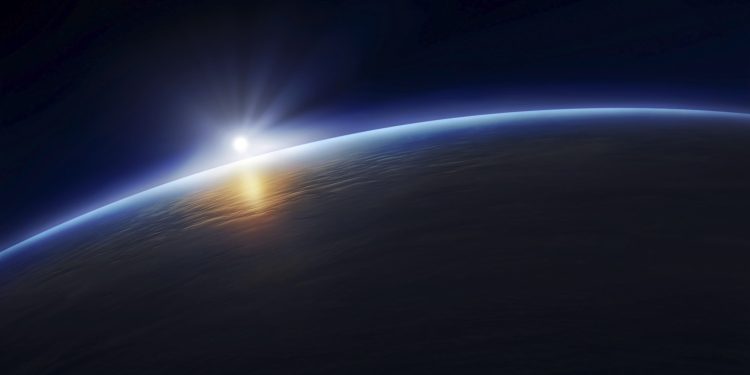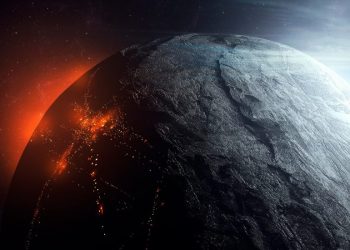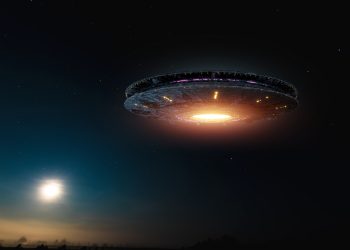NASA’s James Webb Space Telescope has identified an exoplanet that researchers are hailing as one of the most promising candidates for habitability discovered so far. This exoplanet, named LHS 1140 b, may host conditions suitable for life, including an atmosphere and potentially liquid water.
A Promising Candidate for Habitability
The discovery of LHS 1140 b, led by researchers from the University of Montreal, has excited the scientific community. This exoplanet, located about 48 light-years away in the constellation Cetus, lies within the habitable zone of its star and is a potential alien oasis. This “Goldilocks Zone” is where conditions might be just right for liquid water to exist on the planet’s surface.
Ryan MacDonald, a NASA Sagan Fellow at the University of Michigan, highlighted the significance of this discovery. He noted that this is the first indication of an atmosphere on a rocky or ice-rich exoplanet in the habitable zone. MacDonald emphasized the difficulty of detecting atmospheres on smaller planets compared to gas giants, making this finding particularly noteworthy.
Key Features of LHS 1140 b
LHS 1140 b distinguishes itself from many other exoplanets due to its potential atmospheric composition and proximity to Earth. Unlike mini-Neptunes, which are large and gaseous, LHS 1140 b appears to be a rocky or water-rich super-Earth. The exoplanet’s atmosphere may be rich in nitrogen, resembling that of Earth. This challenges the notion that LHS 1140 b could be a mini-Neptune and suggests it might be more hospitable to life.
The data leading to this discovery was collected by the James Webb Space Telescope in December, building on earlier observations from NASA’s Hubble, Spitzer, and TESS telescopes. Charles Cadieux, a doctoral student at the University of Montreal and lead author of the study, underscored the potential of LHS 1140 b as the best opportunity to confirm the presence of liquid water on an exoplanet’s surface.
The Search for Water
While more observations are needed to confirm the presence of a nitrogen-rich atmosphere, initial data suggests LHS 1140 b might have a significant portion of its mass composed of water. If this is the case, the exoplanet could be a “water world,” potentially covered in a global ocean. Due to its synchronous rotation, one side of LHS 1140 b is always facing its star, possibly maintaining a warm, liquid ocean in a region the size of the Atlantic Ocean.
This unique configuration would result in a “bull’s eye” ocean on the star-facing side, with temperatures averaging around 20 degrees Celsius (68 degrees Fahrenheit), making it a tantalizing candidate for further study in the quest for extraterrestrial life.
Future Prospects
MacDonald and his team are eager to continue their observations with the James Webb Space Telescope to confirm their initial findings. The relatively stable nature of LHS 1140 b’s host star enhances the prospects for studying the exoplanet’s atmosphere without interference from stellar activity.
“This is our first tantalizing glimpse of an atmosphere on a super-Earth in the habitable zone,” MacDonald explained, noting that LHS 1140 b represents perhaps the best-known exoplanet for detailed atmospheric characterization.
As additional data is gathered, the scientific community remains hopeful that LHS 1140 b will provide crucial insights into the conditions necessary for life beyond our solar system.











